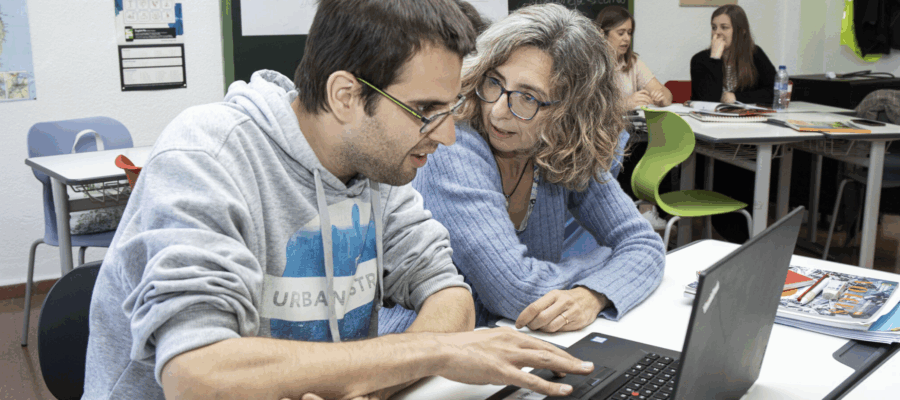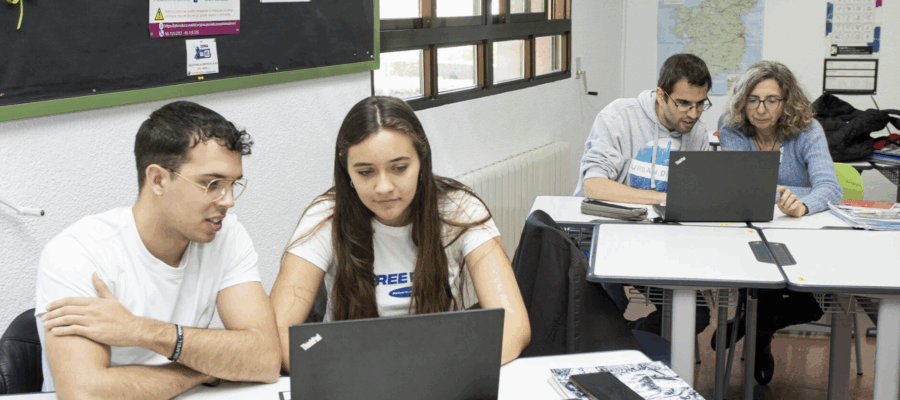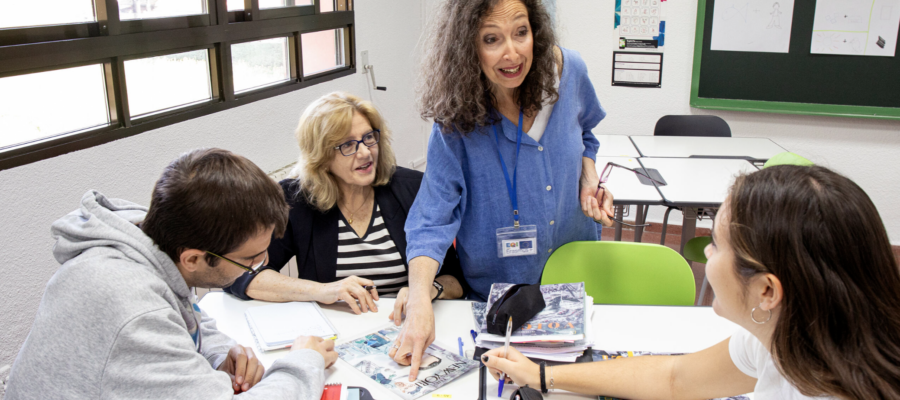In Part 2 of his blog series on teaching C2-level learners, National Geographic Learning’s Alex Warren examines how we can challenge and “level up” learners by using activities that push them out of their comfort zone and develop their communication skills as well as their language skills. Read Part 1 here. What makes a C2-level communication task effective? As we











